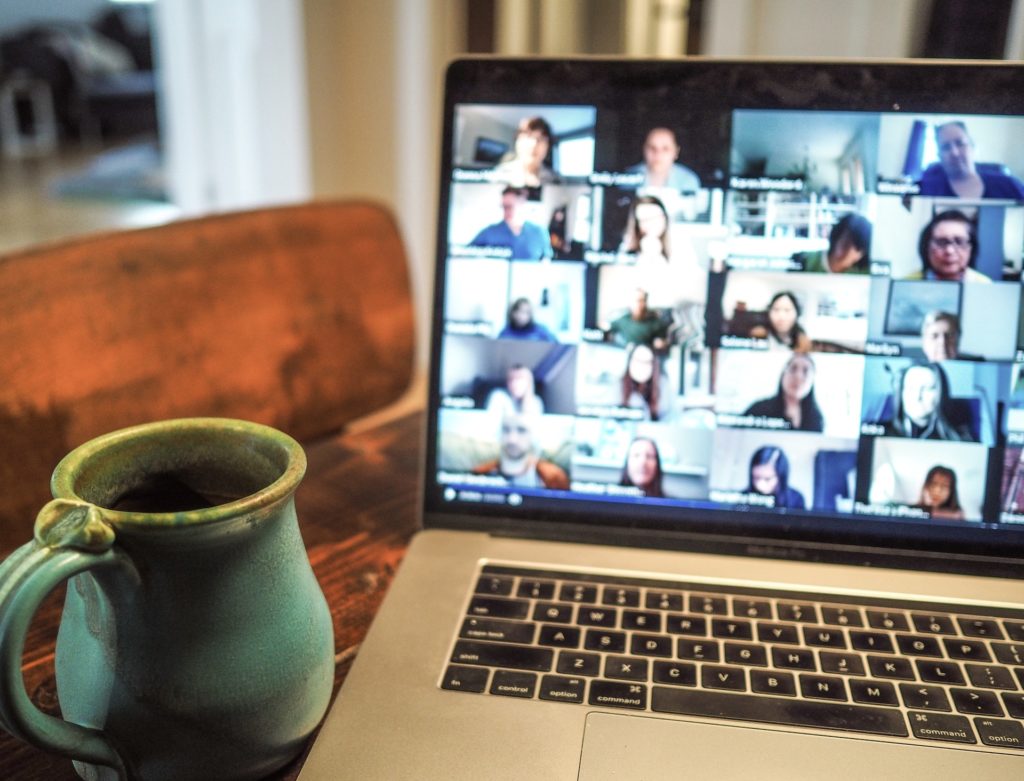Personal Note
Some years ago I had a close friend whose personality can only be described as extravagant. When she entered a room, she did it with great style, capturing everyone’s attention and keeping that attention for most of the event. She favored large, showy hats, and often compared herself to the iconic Auntie Mame. An introvert, I admired her style and wondered how she did it so easily.
She had an annoying habit of being late. Only later did I find out that, during the hour or so that she was late, she was actually crouched on the floor of her closet, curled up in the fetal position, waiting for her medication to take effect so that she could go out and face the world.
Sad though that realization was, it helped me recognize that insecurity wasn’t my lonely challenge; even confident-appearing extroverts may have deeply-hidden insecurities.
In a sense, those of us who have recognized our own insecurity are in a stronger position, because we can admit, at least to ourselves, that we have a challenge with which to work. Sadly, she never did.
Today’s article offers some suggestions, based on my (now) years’ of experience, as to how to handle those challenges.
The Confident Introvert Networker
Whether you are networking for business or for personal reasons, being an introvert can make the process painful. It doesn’t have to be.
My interest in confidence and its opposite, social anxiety, came as the result of a painful end to a marriage in which I had become increasingly socially isolated. Finding that I had to seek new friends, I decided to go to join groups, such as alumnae groups, and go to meetings and events where I would meet people, only to find that this was very difficult.
At the event, I’d enter the room hopefully and see that there were little clusters of two, three or more people standing in a circle and talking animatedly to one another. Hopefully, I’d edge closer to the group, only to find that the members would close the distance between them, effectively cutting me off, and literally giving me the shoulder.
I went home time after time, rebuffed and hurt, convinced, as many unconfident people are, that I had a special secret mark on me that read “unlovable” or “not very interesting, don’t bother” or as a friend of mine liked to say, “They saw the zipper down the back of the pretend suit.”
But I learned from people like the publisher’s representative who came to my college office that most people are a little insecure. When I described the above kind of experience, this skilled sales person blushed and said, “I’ve done that, too. I just don’t know how to behave in those circumstances.”
Here are some hints to help you:
Assume everybody’s insecure: they just show it differently. Regrettably, the social anxiety that we call shyness has escalated in the United States in the past two decades, with an astonishing 50 % now saying that are chronically shy ( up from 40% several decades ago) , and another 40 % saying that have been shy in the past, while 15% admitted to being shy in certain situations. Only 5% of people say they have never been shy. The probability that you will encounter insecure behavior from others as time goes by is very high, even if you don’t immediately recognize it.
How about those folks who come to events with friends, and continue animatedly talking to the same people without reaching out or making eye contact with anyone else, much less conversation? Yup. If you want to observe confidence, locate someone who is circling the room, moving from one person to another, and holding conversations in which they hold eye contact and look interested in meeting someone different.
Become part of the action: Arrive early and offer to help, particularly with a task that involves greeting newcomers: hand out name tags or materials, pass hors d’oeuvres, give directions ….
If there isn’t a task for you, learn the directions – to the meeting room, bathroom, or whatever – and station yourself near the door, ready to direct people who look a little uncertain.
Round up the mavericks: When I attended events with my godmother, she would often scan the room and say, “There’s someone alone. Let’s ask him/her to join us.” And she would.
At Christmas, her home was flooded with Christmas cards She, incidentally, traveled all over the world, being greeted by residents, staying in the homes of people whom she had met at an event, or in a line at a museum, or wherever she was. She was actually a shy person, but she had mastered the art of connecting with people – one at a time.
Make up a group of people who came along and start your own little circle. But never forget to look for newcomers and welcome them.
Be alert for people who make a casual, friendly remark as you hurry by. They may be wanting to start a conversation, too. Help them out.
Don’t try to “make a sale”: Whether you’re actually selling a product or service, or just trying to meet people for personal reasons, pay attention to this wisdom that I got from a friend who was a very successful, prize-winning sales person. When I asked her the secret of her success, she said, “I never try to make a sale. I just try to make a friend.”
As you implement these little social skills, become aware that you are becoming more socially powerful than 90% of the population. That should boost your confidence.



Very grateful to have found this site recently and to read this post today. I’m a shy introvert and I’ll do just about anything to avoid large groups of people I don’t know, whether it’s networking or a wedding reception. The stats about the chronically shy surprise me, mostly because I think I’m the only one who feels as I do. 🙂 I was familiar with a couple of your tips, particularly those in “Be part of the action.” What I’m encouraged to try is your godmother’s approach to befriending people.
Thanks so much for your feedback, Linda
You might remember that large groups are composed of very small groups, and all you need to do is find a comfortable small group within that larger one – perhaps one other person!
I hope you join me for my new Confident Introvert program on February 16, where you’ll learn more skills to make the world a comfortable place.